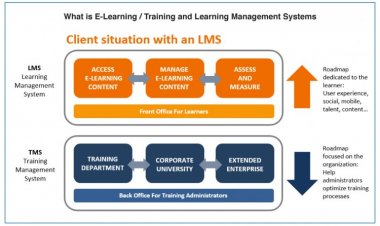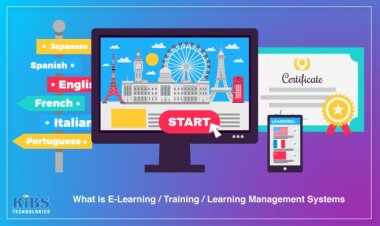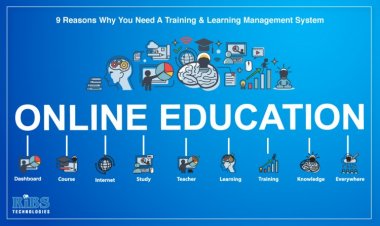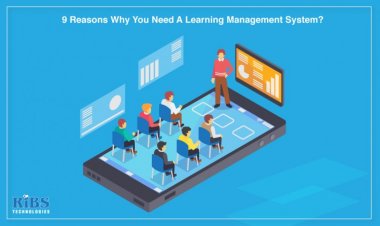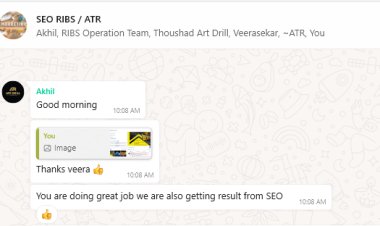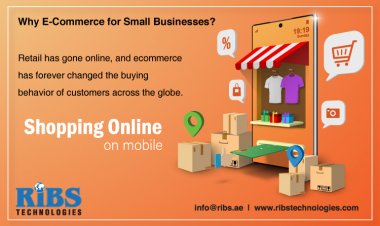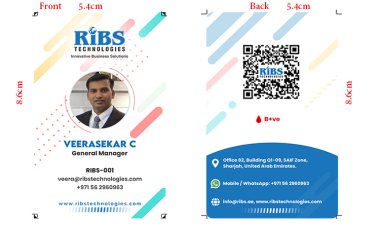The Platforms Where the learning management system used for:
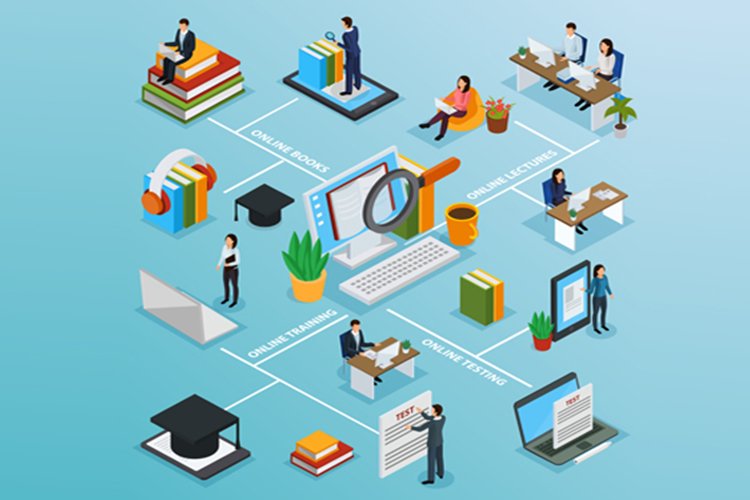
Train employees
Whether you’re an insurance company, a scooter factory, a hospital, or even a government agency, you’ll often need to train your teams. For example, you might want to provide employees with compliance training, or you might need to teach existing employees new skills.
With a corporate LMS, you can eliminate business disruptions associated with traditional learning because your employees will be able to study the material online at their own pace.
By using an LMS to deliver eLearning, you can cut down on employee training costs, as you’ll spend less money and effort compared to bringing in specialized instructors to give conventinal soeminars. You will also gain better insights into employee progress with integrated monitoring and reporting tools.
On-board new hires
You can automate and simplify the all-important task of onboarding a new hire using a business LMS. You still need to greet them in person and give them a tour around the office, but they can study the rest at their own pace (and refer back to the learning material anytime they need).
New hires struggle to remember the details about your company history or compliance policies. With an online onboarding course, though, you can be sure they have access to useful information whenever they want. Your LMS software is an excellent place to educate your new hires on your company's employee conduct code, privacy guidelines, and race/sexual harassment policies. You can also share details of their role and responsibilities, as well as information about career advancement opportunities and benefits.
Retain employee knowledge
Training your employees is the priority, but learning from them is also vital. Knowledge retention ensures that valuable skills, techniques, and information stay with your company when your employees leave or retire.
An LMS platform is a great fit for this purpose, as you don't want this valuable information to just sit in some document management system that nobody ever checks. It’s a knowledge base readily available to train new employees or people coming from other departments.
Train partners and customers
You don’t have to use your LMS internally only. You could also give access to external partners and your customers.
For example, you can use an LMS to on-board new customers to your products. Or you can create a course in your LMS and share it with your various clients.
Train remotely
Geographical limitations are a common barrier to traditional training. Multinational companies or businesses with multiple branches struggle to get everyone together for training.
By moving your training online, all team members can access the training material or even attend a live webinar from wherever they are. This will save you a significant amount of money and time.
Support education
An LMS is also a good fit for general educational purposes.
It could be a school selling online lessons, a traditional educational institution supplementing its classroom-based courses, a business educating its clients, or even a government agency or NGO helping educate the general population.


 RIbsadmin
RIbsadmin 







